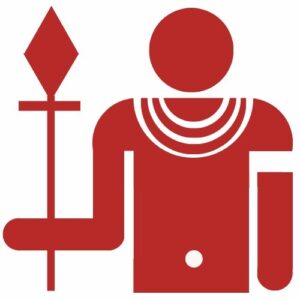 Crafts marketplace Mazurikenya.com, a new e-commerce startup has launched in Kenya to promote African culture, create youth employment, and help artisans earn more from their work by tapping into the international market.
Crafts marketplace Mazurikenya.com, a new e-commerce startup has launched in Kenya to promote African culture, create youth employment, and help artisans earn more from their work by tapping into the international market.
Not which much inventor today, Mazuri Kenya aims to sell local handicrafts that represent the authentic Maasai Market experience (without the haggling).
“We aim to showcase major Kenyan crafts such as Kiondo bags, Maasai beading, Kisii Soapstone, and Wooden carvings to both the international and local community. Mazurikenya.com is our international site with credit card payments while Mazurikenya.co.ke is the local and is Mpesa enabled.
Though growing an e-commerce site is not easy, Gitau, 23, is an Economics student at Kenyatta University. Gitau says he’s passionate about technology and entrepreneurship and prior to Mazuri Kenya, had started several successful social media projects to serve the needs of his university community. At Mazuri Kenya, Gitau is in charge of Business Development.
 His co-founder, Evan Omondi is 27 and a web developer and apart from web development, enjoys a tough game of basketball. As the IT and Logistics lead at Mazuri Kenya, Omondi aims to see Mazurikenya.com a huge African built e-commerce platform in Kenya as well as and Africa as a whole.
His co-founder, Evan Omondi is 27 and a web developer and apart from web development, enjoys a tough game of basketball. As the IT and Logistics lead at Mazuri Kenya, Omondi aims to see Mazurikenya.com a huge African built e-commerce platform in Kenya as well as and Africa as a whole.
The two were recently joined by Elizabeth Karanja, as the Director in charge of Marketing and are currently looking for interns to run their logistics and supply chain management (preferably Masters or PhD level), a graduate marketing intern and extremely skilled graphic designers. The team is also looking for person’s to fill their advisory team as long as they’ve experience in eCommerce, Business Development and Logistics and supply chain management.
Gitau told TechMoran that whereas funding has been an issue in starting up, they convinced their suppliers to believe in them and it won’t be too hard to convince others to join as the state of tourism in Kenya is really low and traders are looking for ways to increase sales and adopt more sustainable business models.
“So our biggest challenge is getting an advisory board to take us to the next level,” Gitau concludes. The fifth month old startup aims to bring the best of Kenyan craft and art to the world by linking talented artisans with the international market through e-commerce.
Mazuri Kenya is in the process of signing an MOU with the Kenyan Federation for Alternative Trade (Kefat.org) which represents 35 Fair Trade producers and is affiliated with the World Fair Trade Organisation. KEFAT recognizes the opportunity to access new markets. Mazuri Kenya also has commitment from established traders in Maasai Market and is in the process of recruiting more producers, young men and women dealing with handmade African products.
The firm aims to make money via commissions on each sale artisans sell online. They aim to contract DHL to do their logistics
“Youths especially should look at the internet as an untapped source of revenue” says Gitau. “Gone are the days where print advertising was the only source of clients. Nowadays, customers will find you online, place an order and expect delivery at their doorstep. What these means, you no longer have to worry about having a physical place for business, you just do it.”


